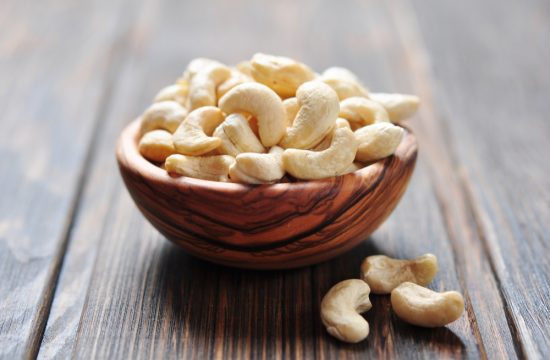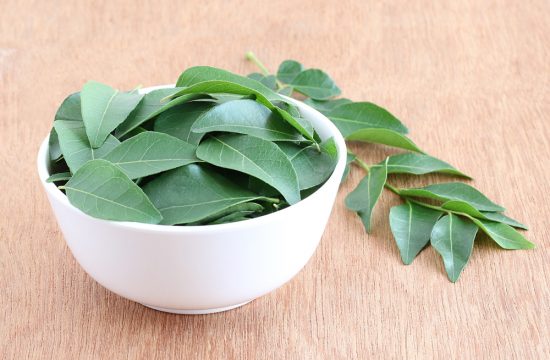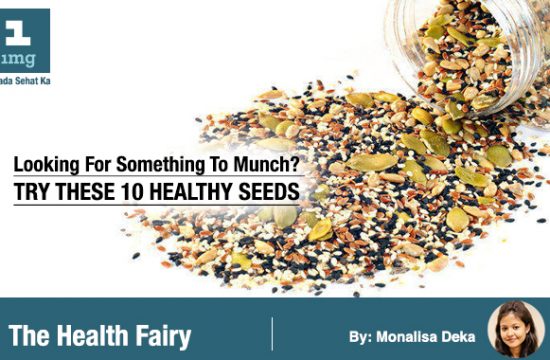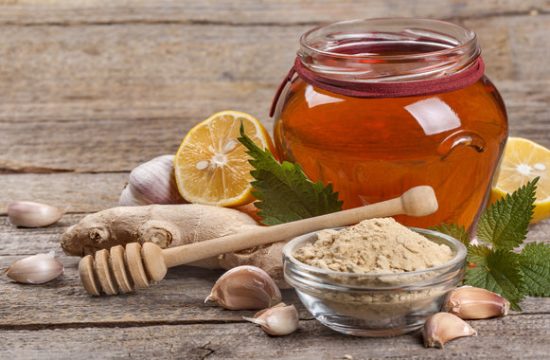It was the start of a new academic year and Raghav was very excited to go to school. He entered his new classroom and sat on his bench, but he forgot to carry his pencil box to school. His friend Karthik let him borrow his, but little did he knew that the pencil was covered with tiny nasty germs called bacteria.
It was the time for Raghav’s amazing immune system to come into play. The nonspecific first team of defense was Raghav’s skin that shielded the body and prevented the entry of bacteria. But suddenly, Teena sneezed right onto Raghav and Raghav breathed in the bacteria, which were trapped by his little nose hairs and the sticky, gooey mucus.
The bell rang and it was time for Raghav’s favorite class of the day, art. While he was cutting the papers to make a craft, a kid bumped into him and Raghav accidentally cuts himself. His little finger started swelling and became red, as the scissors were covered with bacteria.
It was time for the nonspecific second line of defense to take action. The White Blood Cells (WBC) came into action along with their friends called macrophages to fight off the lump of bacteria. The army of white blood cells accompanied with macrophages gave a tough fight to the bacteria and pulled out a win. But some bacteria managed to get away.
Poor Raghav started to get a fever and his parents took him to the nearby nursing home. The doctor checked him and gave some medicines and asked Raghav to take rest.
Raghav was not feeling any better, so it was time to go and kill the bacteria that managed to escape. Finally, it was time for the specific third line of defense, the B-cells. The B-cells create and train some antibodies. These trained antibodies search the hidden bacteria in the body and attach to them and then call the T-cells and these T-cells kill the bacteria.
Raghav started feeling a lot better and his fever went away. All the bacteria in his body was killed and his immune system saved the day. So, this was the happy ending of the story.
Now coming to the reality, we are continually exposed to microorganisms, we inhale them, swallow them or have them inhabited on our skin and mucous membranes. Despite all this, we are reasonably healthy and the only reason for this is our immune system, which does a remarkable job of protecting us against those microorganisms.
When functioning properly, the immune system protects us against diseases or other potentially damaging foreign bodies. But sometimes it fails and makes us sick. That is the time when we need to step beyond gratitude to optimize the function of that system.
The idea of boosting immune system might be very fascinating, but before learning on how to boost our immune system, we first need to understand that most immune disorders result from either an excessive immune response or an autoimmune attack. An autoimmune attack is a condition in which your immune system mistakenly attacks your own body.
The most important thing one can do to cultivate a strong immunity is to feed the body certain foods that will help in keeping the immune system strong. Replacing bad health habits with good ones also plays an important role in keeping the immune system healthy.
Here we have listed few lifestyle changes which can lead to the improvement of the immune system:
A) Lifestyle changes to improve the immune system
1. Sleep tight

●Lack of sleep can potentially lead to a greater risk of developing a cold or flu, as the body needs sleep to fight infectious diseases.
●Lack of sleep can also increase the recovery time if you get sick.
●Sleeping less can even make you put on weight.
●Long-term lack of sleep increases the risk of heart diseases, diabetes and obesity.
How much sleep do you need?
A school going child needs 10 or more hours of sleep. A teenager needs 9-10 hours of sleep. And 7-8 hours sleep is required for adults to boosts the immune system.
However, more sleep is also not good for the health. An adult sleeping more than 9-10 hours a night results in poor quality of sleep.
2. Stretch yourself

a) Pros of exercising
●Moderate-intensity physical activity helps in protecting against many diseases.
●Exercising helps in flushing out bacteria from the lungs and airways.
●The brief rise in body temperature during and right after exercise helps the body fight infection better.
●Exercising lowers the release of stress hormone.
b) Cons of exercising:
●Too much of exercising provides opposite effect and reduces immunity.
Types of exercises that affect the immune system:
●Moderate treadmill running – 30 minutes
●Moderate running – 120 minutes
●Cycling – 30 minutes
Although exercising is good for your body, but the key is to know how much exercising is good enough for the body. A long duration of exercise causes a temporary weakening of immune function, while a short intense exercise is also not good.
Exercising makes us feel healthier and more energetic. It makes us feel better about ourselves.
3. Say no to sugar

Sugar provides instant energy to the body, that’s why our body craves for it when we are stressed, sad, bored or short on time. Although, eating sugar or sugary substance makes us feel good, but it has direct and a very dramatic effect on the immune system for up to five hours after consumption.
According to studies a blood sugar level of 120 is said to reduce the ability of immune system to fight by 75 percent.
How to avoid sugar in our diet?
Not all sugars are bad for health. Sugars from natural sources like honey, fruits and maple syrup are not as bad as processed sugars. Now, below are some tips on how to cut the intake of sugar from your diet:
●Stop buying processed foods, as it contains four to five different types of sugars.
●Make your own tomato sauce, as the one you buy from the market contains a high amount of sugar.
●Include fresh fruits in your diet, it compensates the need of sugar to the body.
●Give yourself certain days of the week for having dessert. For eg: weekends, or special occasions.
●Try dark chocolates.
●Cut out on soda.
4. Decreasing stress

These days no one is immune to stress, and this stress affects many systems in the body, especially the immune system.
How to cope up stress?
We might not be able to get rid of the stress completely, but we can get better at managing it. Below are few tips for the same:
●Practicing yoga and meditation
●Avoid Caffeine and alcohol
●Get more sleep
●Try to relax with stress reduction technique
●Talk to someone
●Take control of your problems and learn to find solutions to them
●Learn to say ‘No’ to additional or unimportant works to reduce your stress levels.
●Rest if you are ill
Easing stress lowers the levels of stress hormones which improves the immune function.
5. Building healthy relationship

A good relationship also gives a boost to the immune system. As per the study, people who are connected to friends or have a good social network have stronger immunity when compared with those who stay alone.
6. Laughing is good for you

●Laughter is known to be the best medicine for stress and pain.
●It relaxes the whole body relieving the physical tension and stress.
●Laughter enhances the intake of oxygen-rich air, stimulates the heart, lungs and muscles.
●It may ease the pain by producing its own natural painkillers.
●Laughter can make it easier to cope with difficult situations.
Until now we have discussed the lifestyle changes which help in keeping the immune system healthy. Now let us have a look at few Foods that boost the immune system.
B) Foods to boost the immune system
1. Citrus fruits

Lemons are rich in Vitamin C which plays a major role in boosting the immune system. Not only lemons but other citrus fruits like grapefruit, oranges and limes also have Vitamin C. It’s a must to include citrus in the diet, as it reduces the length and severity of the cold if you get one. It’s very easy to include citrus fruits to the daily regime, start your day with a glass of lukewarm water and half a lemon, this makes a perfectly refreshing drink. Squeeze any citrus fruit say it lemon, orange, lime into a glass and mix it with water and have it at any time of the day. You can even eat many citrus fruits.
So, stock up your kitchen with citrus fruits this winter and stay away from cold and flu.
2. Garlic
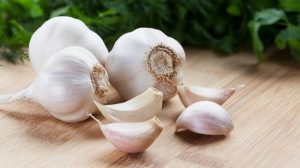
Garlic is the favorite ingredient of chefs all over the world, as it adds a little zing to the food. That’s not the only thing Garlic does, it also has multitudinal health effects and one amongst them is Garlic’s immune boosting properties. This potent onion relative contains the active ingredient ‘allicin’ which fights against infections.
3. Ginger
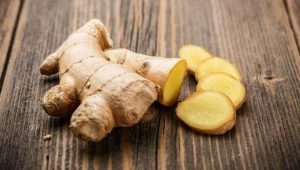
Ginger is well known for its anti-inflammatory properties, which helps to ease a sore throat and other inflammatory illnesses. Apart from this, an active ingredient found in ginger known as gingerol, play a crucial role in boosting the immune system of the body.
4. Sweet potatoes
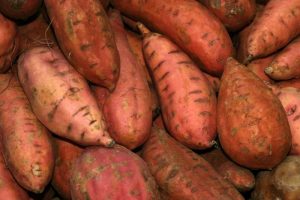
Our skin is also a part of the immune system, it serves as the frontline defensee for bacteria, virus and other undesirables. So, to stay strong and healthy the skin needs Vitamin A. This vitamin helps in the production of connective tissues, a key component of the skin. One of the best ways to include Vitamin A in your diet is to take food containing beta-carotene (which your body turns into vitamin A) in them, like sweet potato.
5. Mushroom
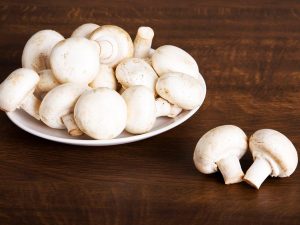
Mushroom is known for its immune boosting property. Studies have suggested that mushroom increases the production and activity of White Blood Cells which makes them more aggressive.
6. Oats and Barley
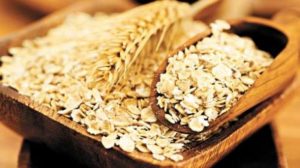
Oats and other whole grains contain Vitamin B6, Pantothenic acid and Folic acid which supports the immune system. They not only fight with the bacteria and virus but also makes the immune system capable to fight back when we are not well.
7. Spinach
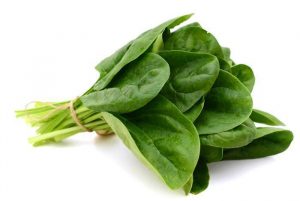
Spinach made onto the list because it’s rich in Vitamin C. It also contains antioxidants and beta-carotene which increases the immune system’s ability to fight the microorganisms. However, one thing to be considered while cooking spinach is that it should be cooked as little as possible so that it retains its nutritional values.
8. Broccoli
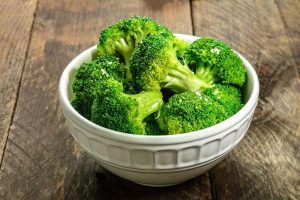
Broccoli is packed with vitamins A, C and E, minerals, antioxidants and fibers. It is one of the healthiest vegetables in your kitchen garden. The key to keeping its power impact is to cook it as little as possible, or better eat it raw.
9. Green tea
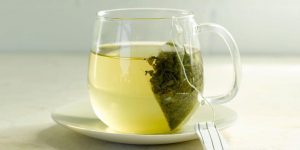
Green tea is rich in flavonoids (a kind of antioxidants). It also contains epigallocatechin gallate, or EGCG, another powerful antioxidant which helps in boosting our immune system. It also has anti-cancerous properties; the antioxidants in green tea are beneficial in generally strengthening the immune system.
10. Yogurt
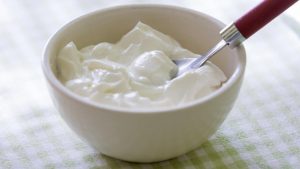
Yogurt contains live and active cultures known as prebiotics in it, these cultures stimulates the immune system to fight against the microorganism. Yogurt is rich in Vitamin D, which helps in regulating the immune system and boosts the natural defense against diseases.
11. Seafood

Seafood such as shellfish, oyster, lobster, crabs are usually rich in omega-3 fatty acids. It also helps in reducing inflammation, increasing airflow and protecting lungs from colds and respiratory infections. Selenium, a potent antioxidant present in seafood improves the immune system.
Our immune system is not a single system, but an interactive network of organs, cells, and proteins that protect our body from microorganisms and foreign bodies. So, taking stock of our immune system on regular basis will not only keep us away from getting sick, but it will also help us age more gracefully and prevent the development of many deadly diseases.
576 total views, 1 views today

